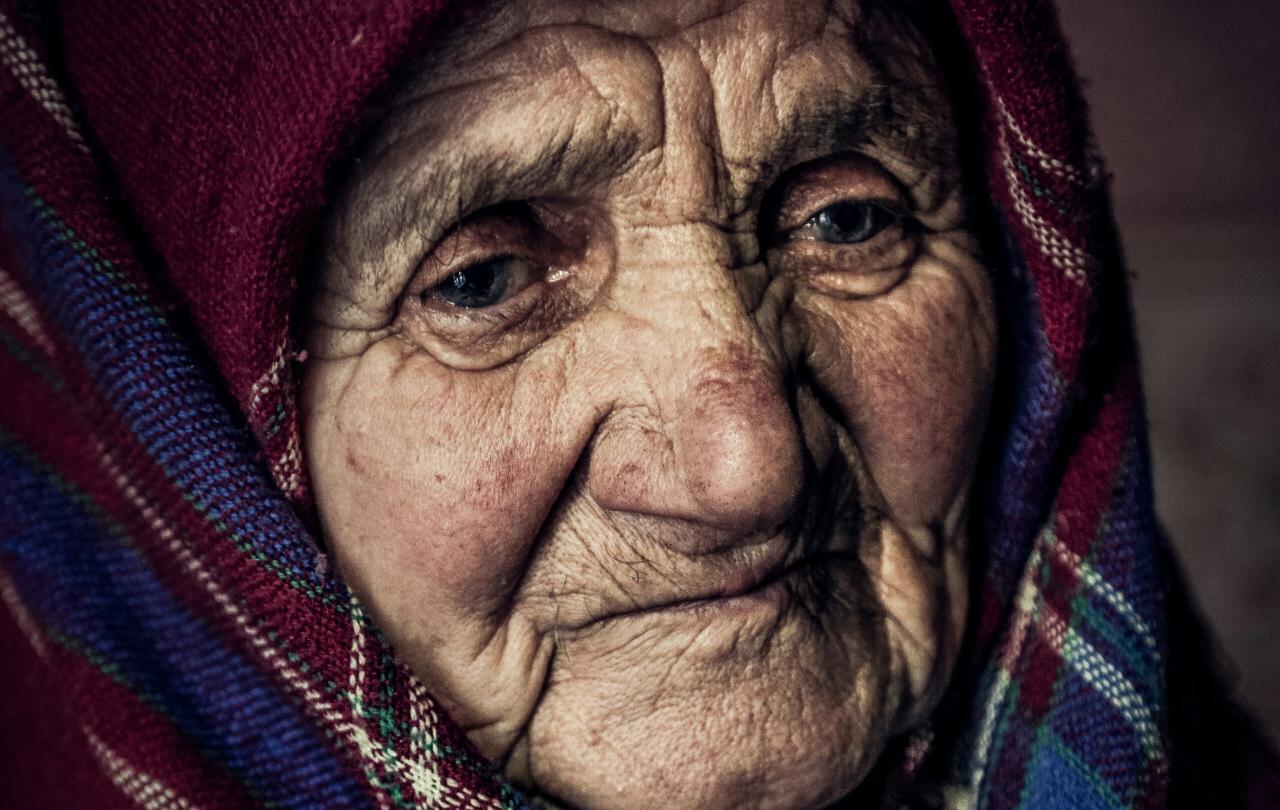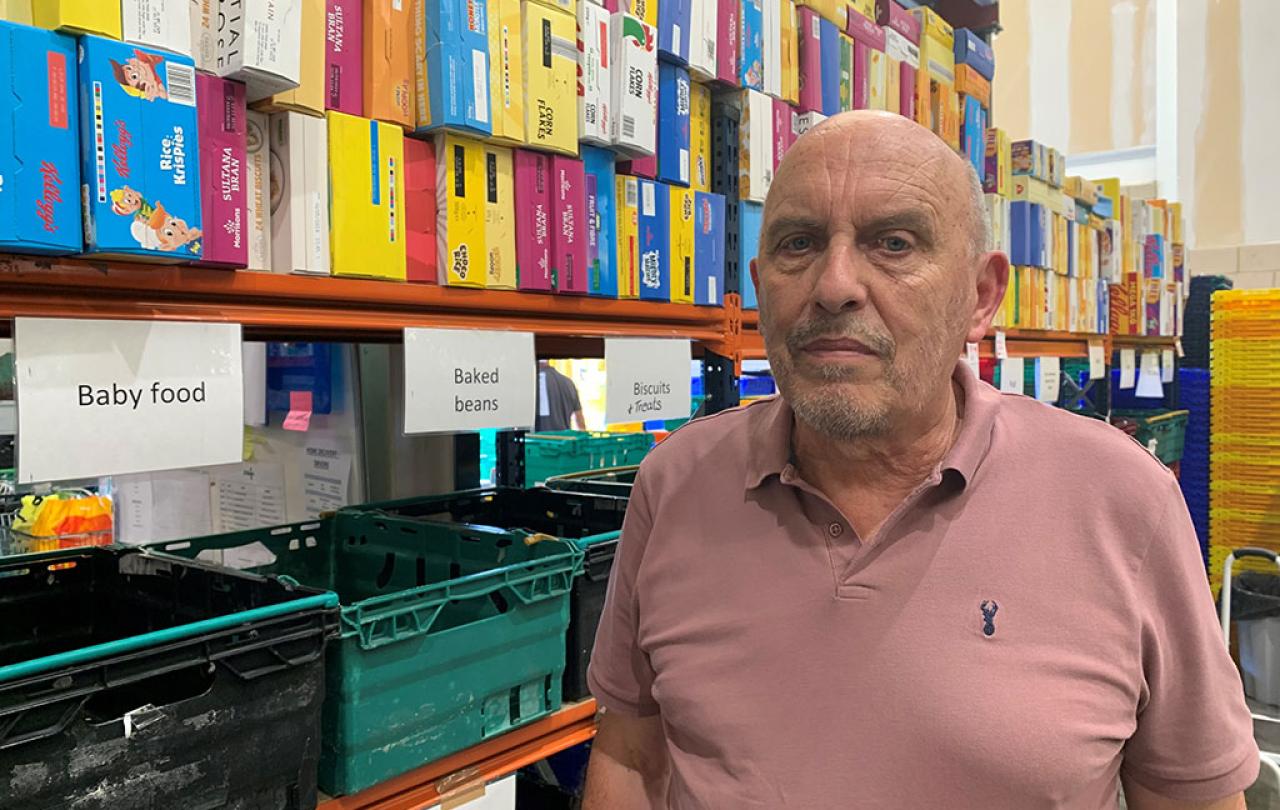
“Who could dissect a portion of the human frame without marvelling at its delicacy, and trembling at its frailty?” mused preacher Charles Spurgeon in the nineteenth century. Songwriters, artists, authors and surgeons alike are fascinated by frailty. Within, beneath and beyond that fragile frame though, could there be a deeper reality, waiting to arise – and endure?
Fragile Lives is the ‘heart-stopping memoir’, operation by operation, of heart surgeon Professor Stephen Westaby. “The finest of margins,” he writes, “separates life from death, triumph from defeat, hope from despair – a few more dead muscle cells, a fraction more lactic acid in the blood, a little extra swelling of the brain. Grim Reaper perches on every surgeon’s shoulder.”
To what shall we compare this fragility of frame? - which means we can shatter sudden as glass, our “breath becoming air” in the blink of an eye? (Paul Kalanithi, a young neurosurgeon, called his memoir When Breath Becomes Air as he fought his own battle with cancer). A snowflake? A spider’s web? A butterfly wing? In Dutch still life paintings, the transience of life is variously depicted in dry, fallen withering petals, rotting fruit, and a glass vessel, like a vase. At some funeral services, it is said that we are made from dust, and to dust we shall return. Elsewhere in the Bible, we are likened to a mist that appears for a little while and then vanishes, or to a flower that withers away, a fleeting shadow that does not endure. Our days are a mere handbreadth, our life but a breath, writes one Bible songwriter.
Medics talk more commonly of frailty than fragility – and it’s not just a byword for old age. According to the British Geriatrics Society, not all old people live with frailty; not all people living with frailty are old, though age is a recognised risk factor, with nearly 40 per cent of adults aged 85-90 being frail. Described as a vulnerability to external stressors which can result in sudden marked deterioration in function, frailty might feature as a combination of falls, immobility, delirium, incontinence, and increased side effects of medications, suggesting the body is struggling to cope. “A minor infection or minor surgery results in a striking and disproportionate change in health state – from independent to dependent, mobile to immobile, or lucid to delirious,” writes a team of doctors in The Lancet.
Frailty is a sign of advanced biological rather than chronological age. Often, it’s an unwelcome term, with consultant physician Patricia Cantley noting that, “from a patient or relative’s point of view, the word frailty seems to be at best somewhat vague and at worst, derogatory and demotivating”. She prefers to talk in terms of paper boats. Picturing young healthy patients as little tugboats of wood and steel, built to withstand storms, she likens the frail patient’s clinical situation to a paper boat, which can sail the sunny seas, but is soon buffeted and may be brought down by ‘medical winds’.
Encompassing also psychological and cognitive symptoms alongside the physical, frailty is not a fixed state, nor is decline in mind and body inevitable once frailty begins. Seen increasingly as a dynamic spectrum, reversal of frailty is sometimes possible; the paper boat being, to a degree, storm proofed and made to chart a different course. According to Dr John Travers, professor of public health at Trinity College, Dublin, twenty minutes of daily exercise can reverse physical frailty and build resilience in over 65-year-olds, while others suggest that movement based mind-body therapies such as tai-chi and yoga can strengthen both mind and body. Could there also be something of a spiritual strengthening in the frail patient? As the body decays and declines, could the soul, the spiritual self, enlarge, emerge and ultimately endure as life ebbs away? This was certainly the sentiment of Paul, one of the early church leaders, in the Bible, who, after much suffering, wrote: “Therefore we do not lose heart. Though outwardly we are wasting away, yet inwardly we are being renewed day by day…we fix our eyes not on what is seen, but on what is unseen. For what is seen is temporary, but what is unseen is eternal.”
Her late Majesty Queen Elizabeth II was seen on our television screens to diminish physically in her last days, her purple hands, tiny frame and walking cane causing concern among viewers. She was, at her funeral, described simply as “our sister Elizabeth”, her small coffin dwarfed by pageantry and a crowd of 2,000 including presidents and kings. And yet, the former Moderator of the Church of Scotland has revealed that she talked much of her Christian faith in her dying days, while her funeral was an explosion of scripture, hymns and sermons that expressed the strength of her personal faith. “It was her way of eloquently, beautifully and powerfully speaking to me and 4.1 billion other people of her Christian faith,” writes Pastor Skip Heitzig. For me, the funeral brought to mind the tides (continuing with the theme of the sea). As the tide recedes, the waters move away from the shore, in what is known as an ebb current. As the tide rises, water moves toward the shore in a flood current. As our Queen’s life ebbed away physically, her spiritual self arose, roaring like a mighty flood. Ocean motion, in currents, waves and tides, is driven by the sun, moon and the planets. Our late Queen also looked upwards, to her God, for spiritual succour that would turn life’s ebb to a soul-flood.
Hymnwriter Timothy Dudley-Smith sought a similar exchange, from the physical to the spiritual, the mortal to the immortal, in yet more words about boats, in his hymn “My boat so small”, based on the Breton Fisherman’s Prayer.
“Adrift when strength and courage fail, O Spirit, breathe to fill my sail”
And, happily, he trusts a safe voyage, finishing with - “My voyage done, all trouble past, to haven bring my soul at last.”
Join with us - Behind the Seen
Seen & Unseen is free for everyone and is made possible through the generosity of our amazing community of supporters.
If you’re enjoying Seen & Unseen, would you consider making a gift towards our work?
Alongside other benefits (book discounts etc.), you’ll receive an extra fortnightly email from me sharing what I’m reading and my reflections on the ideas that are shaping our times.
Graham Tomlin
Editor-in-Chief





